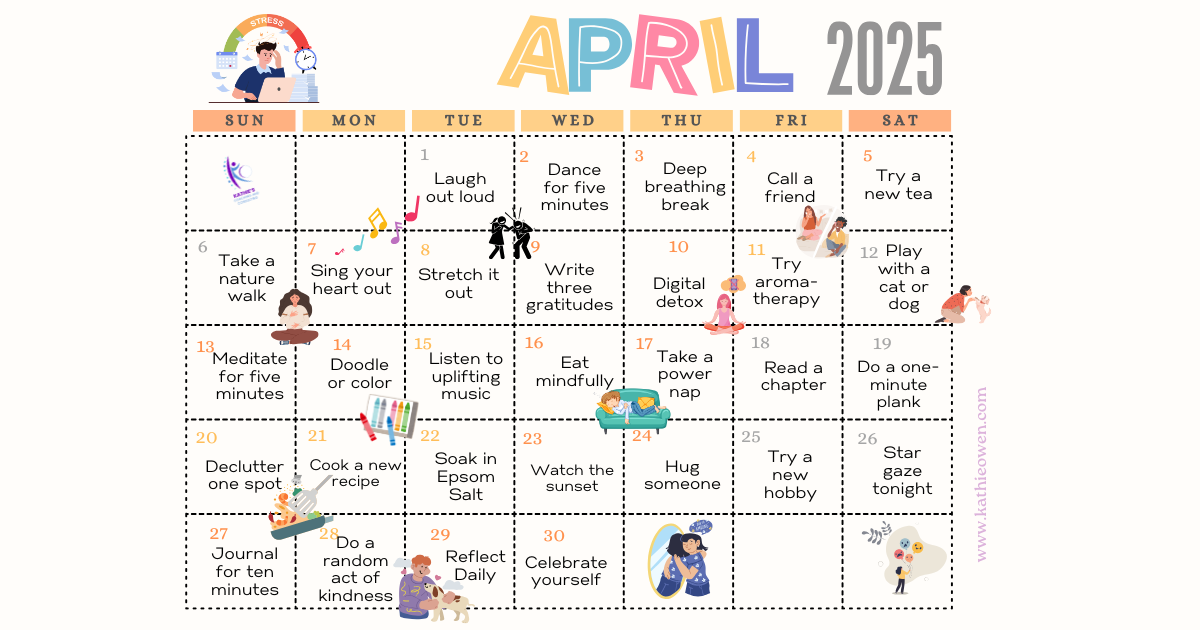Prioritizing Mental Health in the Workplace
A Vital Investment for Success
The importance of mental health cannot be overstated. Yet, all too often, it is neglected, leading to increased stress, burnout, and diminished productivity among employees. In this blog post, we will explore the significance of prioritizing mental health in the workplace and provide actionable strategies for creating a supportive and thriving work environment.
The Neglected Dimension of Well-being
Mental health is a fundamental aspect of overall well-being, yet it is frequently overlooked in the workplace. The stigma surrounding mental health issues often leads to silence and secrecy, preventing individuals from seeking the support they need. As a result, stress levels rise, productivity declines, and morale suffers.
The Consequences of Neglect
Neglecting mental health support in the workplace can have far-reaching consequences. Employees may experience increased absenteeism, presenteeism (being physically present but not mentally engaged), and turnover.
Moreover, untreated mental health issues can escalate, leading to more severe problems such as anxiety disorders, depression, and substance abuse.
Shifting the Paradigm: Prioritizing Mental Health
It's time for organizations to shift their paradigm and prioritize mental health as a crucial component of their overall well-being strategy.
By creating a culture that values and supports mental health, employers can foster resilience, enhance productivity, and improve employee retention.
Strategies for Implementation
Promote Awareness and Education
Start by raising awareness about mental health issues and reducing the stigma associated with them. Offer workshops, seminars, and training sessions to educate employees about the importance of mental health and destigmatize seeking support.
Provide Access to Resources
Ensure that employees have access to mental health resources and support services. This may include Employee Assistance Programs (EAPs), counseling services, and mental health hotlines. Make information about these resources readily available and encourage employees to utilize them when needed.
Foster a Supportive Environment
Create a workplace culture that prioritizes employee well-being and supports open dialogue about mental health. Encourage managers to check in regularly with their team members, listen actively to their concerns, and offer support and guidance when needed.
Promote Work-Life Balance
Recognize the importance of work-life balance in maintaining good mental health. Encourage employees to take regular breaks, use their vacation time, and establish boundaries between work and personal life. Lead by example by demonstrating a healthy work-life balance yourself.
Encourage Self-Care Practices
Encourage employees to prioritize self-care practices such as exercise, mindfulness, and hobbies outside of work. Provide opportunities for relaxation and stress reduction, such as yoga classes or meditation sessions.
Conclusion: A Win-Win Investment
Prioritizing mental health in the workplace is not only the right thing to do from a humanitarian perspective, but it is also a smart business decision. By investing in the mental health and well-being of employees, organizations can create a more positive and productive work environment, reduce turnover, and ultimately, drive greater success and profitability.
In conclusion, let us commit to prioritizing mental health in the workplace and creating environments where all employees feel supported, valued, and empowered to thrive.
Together, we can build a brighter and healthier future for our teams and our organizations.
Listen on Kathie’s Coaching Podcast
Kathie Owen, Corporate Wellness Professional
Read More Articles Here
Transcript for this episode:
May is Mental Health Awareness Month and today we're going to talk about prioritizing mental health in the workplace. It's a vital investment for success of your company. Prioritizing mental health in the workplace. Today we're going to get actionable strategies to reduce stress, boost productivity, and foster supportive culture. Invest in your team's well being for greater success and employee satisfaction. And let's unlock the key to a healthier, happier workplace. You're listening to Kathie's Coaching Podcast. I'm your host, Kathie Owen. You know, in today's fast paced and demanding work environments, the importance of mental health cannot be overstated, yet all too often it is neglected, leading to increased stress, burnout, and diminished productivity among employees. Today we're going to explore the significance of prioritizing mental health in the workplace and we're going to provide you with actionable strategies for creating a supportive and thriving work environment. You know, mental health is a fundamental aspect of overall well being. Yet, it is frequently overlooked in the workplace. The stigma surrounding mental health issues often leads to silence and secrecy. It prevents individuals from seeking the support that they need. As a result, stress levels rise, productivity declines, and morale suffers. Neglecting mental health support in the workplace can have far reaching consequences. Employees may experience increased absenteeism and evenpresenteeism, which is being physically present, but not mentally engaged. And even turnover. Moreover, unrelated mental health issues can escalate, leading to more severe problems such as anxiety disorders, depression, and substance abuse. It's time for organizations to shift their paradigm and prioritize mental health as a crucial component of their overall well being strategy. By creating a culture that values and supports mental health, employers can foster resilience, enhance productivity, and improve employee retention. So I'm going to give you some strategies to implement this in the workplace. Number one, promote awareness and education. Start by raising awareness about mental health issues and reducing the stigma associated with them. Offer workshops, seminars, and training sessions to educate employees about the importance of mental health and de stigmatize seeking support. Number two, provide access to resources. Ensure that employees have access to mental health resources and support services. This may include employee assistance programs, counseling services, and mental health hotlines. Make information about these resources readily available and encourage employees to utilize them when needed. Number three, foster a supportive environment. Create a workplace culture that prioritizes well being and supports open dialogue about mental health. Encourage managers to check in regularly with their team members. Listen actively to their concerns and offer support and guidance when needed. Number four, promote awareness. Work life balance. Recognize the importance of work life balance in maintaining good mental health. Encourage your employees to take regular breaks, use their vacation time, and establish boundaries between work and personal life. And lead by example by demonstrating a healthy work life balance yourself. Encourage self care practices. Encourage employees to prioritize self care practices such as exercise, work, Mindfulness and hobbies outside of work provide opportunities for relaxation and stress reduction, such as yoga classes or meditation series. You know, prioritizing mental health is a win win investment. And it's not only just the right thing to do from a humanitarian perspective, but it is also a smart business decision. By investing in the mental health and well being of employees, organizations can create a more positive and productive work environment, reduce turnover, and ultimately drive greater success and profitability. Let's commit to prioritizing mental health in the workplace and creating environments where all employees feel supported, valued, and empowered to thrive. Together, we can build a brighter and healthier future for our teams and our organizations. Have you downloaded the May Mental Health Awareness Calendar? Well, if not, I will have a link to that calendar in the show notes and description below and I invite you to download it today. No matter what month you happen to be listening or watching this episode. All right, that's my episode for today. I trust that you found it helpful. If you know somebody who can benefit from this, please share it with them. And until next time, I will see you next time. Peace out and Namaste. Bye.

















Discover how our partner Nuvita and our Better You Challenges revolutionize corporate wellness without burdening HR teams. This innovative program boosts employee engagement, reduces stress, and creates lasting cultural change through turnkey challenges and comprehensive support.
#CorporateWellness #EmployeeEngagement #WorkplaceWellness #BetterYouChallenge